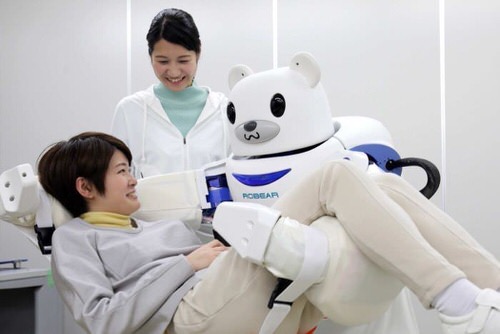In coming years, it will be very frequent to watch robots in hospitals that could complete all the tasks to diminish workload, said a latest research.
Robots can imitate human motions as well as effectively coordinate their actions with humans even with surgeries, a research has found.
It can lead to improvements in safety during surgeries because unlike their human counterparts, robots do not tire and can complete an endless series of precise movements.
However, the goal of the use of technology is not to remove human expertise from the operating room, but to complement it with a robot's particular skills and benefits, the researchers said.
"Although robotic (co)workers and collaborators will definitely change the work market, but they won't steal job opportunities. They will just allow us to decrease workload and achieve better performances in several tasks, from medicine to industrial applications," said Elena De Momi from the Polytechnic University of Milan in Italy.
In the study, the team trained a robot to imitate natural human actions.
The researchers first photographed a human being conducting numerous reaching motions, in a way similar to handing instruments to a surgeon.
These photographs were input into the neural network of the robotic arm, which is crucial to controlling movements.
Next a human operator guided the robotic arm in imitating the reaching motions that the human subject had initially performed.
Nearly 70 per cent of the time the actions of the robotic arms were "biologically inspired," which indicated that their neural networks had effectively learned to imitate human behaviour, the researchers observed.
If robotic arms can indeed imitate human behaviour, it would be necessary to build conditions in which humans and robots can cooperate effectively in high stress environments like operating rooms, the study concluded, in the paper published in the journal Frontiers in Robotics and AI (Artificial Intelligence).
(With inputs from IANS)

